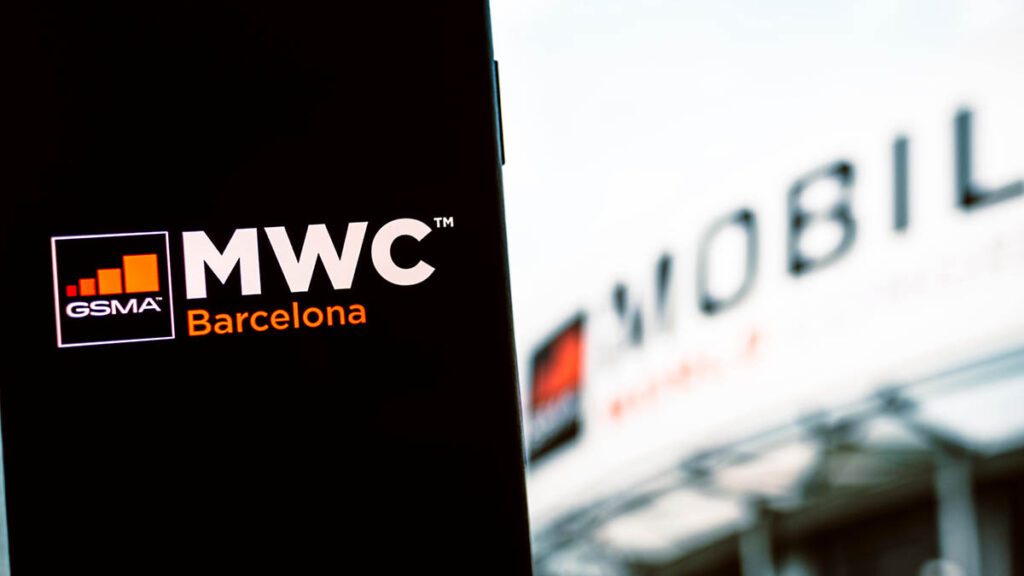
Heads of the EU’s most prolific telecoms operators have taken to the Mobile World Congress on Monday to call for a complete regulatory overhaul of the continent’s network, as their statements labelled the current framework as “century-old.”
Industry analysts have previously noted that the current framework in place will not be suited to handle the upcoming data explosion which will come following a more broadened 5G rollout.
“The European regulatory framework is totally outdated,” Telefonica CEO Jose-Maria Alvarez-Pallete said during his opening keynote at the event in Barcelona. “Regulation today is based on the networks of the previous century!” he added.
Connectivity is a right
“Connectivity today is needed. But, in 2030, connectivity will be a human right,” Deutsche Telekom CEO Tim Hoettges highlighted.
5G networks, the 5th generation of mobile networks, is considered as a significant evolution of today’s 4G LTE networks. It has been designed to meet the very large growth in data and connectivity of today’s modern society.
Constructing 5G networks requires billions in funding, with telecom operators eager to take advantage of the potential for growth in new businesses provided by next-generation technologies.
The telecom sector will look to invest around $900 billion in the upcoming four years, 80 percent of which will be targeted toward 5G rollout, deployment and development, mobile communications industry body GSMA says.
The European Commission has laid out a connectivity plan which by 2030 will cover all European households with a Gigabit network, and all populated areas with 5G.
A study valuing the socio-economic benefits of 5G, estimates that in 2025 benefits from the introduction of 5G capabilities could reach $134,49 billion per year in four key sectors which will be the first users of 5G connectivity: automotive, health, transport, and energy.
Investments of approximately $67,29 billion will be likely to create 2.3 million jobs in Europe.
“In China, 5G is on the fast track of development, with the deployment of nearly 850,000 5G base stations and 330 million 5G cell phone users,” China Mobile Chairman Yang Jie said.
EU’s telco wake up call
Since 4G played a major role in creating multi-billion-dollar businesses in different fields including music, video streaming, and food delivery, telecom operators rarely got a share of that growth. Thus, the benefits of 5G caught the executive’s attention.
While messaging services such as Facebook and WhatsApp were living their glorious moments, Europe’s operator arena was lagging, according to Deutsche Telekom CEO Tim Hoettges. “We need to wake up,” he stressed, “we have to find a fair playing field in our industry, and we need great policy makers who can set out with a vision for Europe.”
Operators must invest billions in licenses and network building, while their margins are shrinking and average revenue per user is declining, Paolo Pescatore, an analyst at PP Foresight, told Reuters – “so they’re seeking new revenue opportunities”.
Telecom lobbying
Telecom officials encouraged during the conference for more collaboration between governments and companies to meet Europe’s ambitious 5G plan.
“This is a political and a respectable goal that any European citizen or any European CEO will share,” Pallete said.
“We have the technology and the know-how to do it, but when we are thinking in terms of regulation, competition and financing, there might be some questions,” he said.